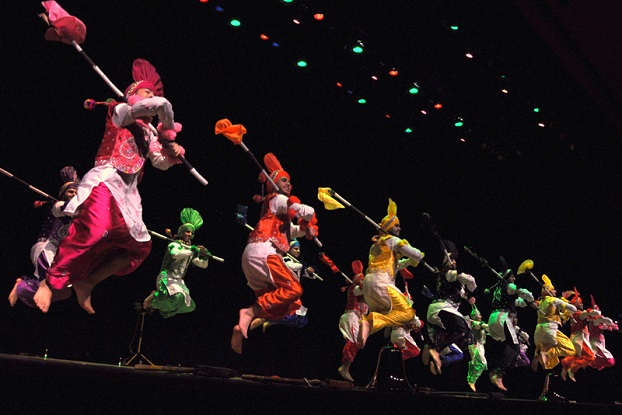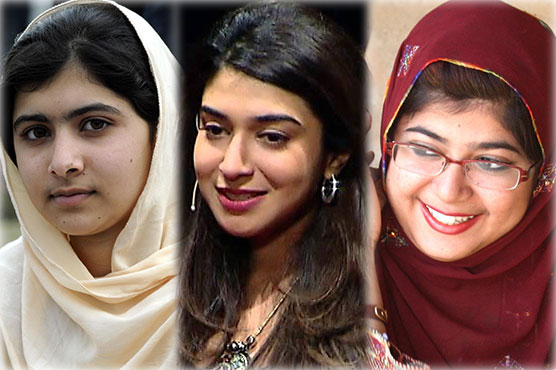Each week, we ask writers, artists, and people of interest to share what’s inspiring them lately. This week, we feature picks from Rohan Grover who is a progressive organizer based in Washington, DC. He is an analyst at Upworthy and a founding partner at The Brain Trust. You can find him on Facebook and Twitter.
1. Aparna Nancherla
I’m a sucker for funny South Asian folks — Hari Kondabolu, Mindy Kaling, D’Lo, Aamer Rahman, Aziz Ansari, Lilly Singh — and most recently fell in love with Aparna Nancherla after she appeared on Conan. My favorite comedians push unapologetically aggressive identity politics packaged in disarming routines that leave people thinking critically about the world. Aparna did this masterfully in one of my favorite jokes starting at 1:33. Watch here:
http://www.youtube.com/watch?v=O7LD3zoEEig&t=1m33s
2. Beyond Bollywood at the Smithsonian
It’s rare to hear our stories told in the public domain as part of American history. That’s why I’m looking forward to the Smithsonian Asian Pacific American Center’s next exhibition, Beyond Bollywood: Indian Americans Shape the Nation, opening in February in Washington, DC. It will “explore the heritage, daily experience and numerous, diverse contributions that Indian Americans have made to shaping the United States.” This is an exciting step toward enlightening Indian and non-Indian Americans alike.

3. Alok Vaid-Menon — “We are nothing (and that is beautiful)”
This is the most compelling TED talk I’ve seen in a long time. In it, Alok talks about the moral hypocrisy of success, how changing the world is now a professionalized competitive marketplace, and a refreshing perspective on failure. My words can’t do it justice, but it’s some powerful real talk. Warning: you’re going to want to watch this more than once.
4. Pakistani Women Social Entrepreneurs
Earlier this month Forbes released their annual “30 under 30” list of young social entrepreneurs who are changing the world. This year 3 of them are Pakistani women: education activist Malala Fousafzai, The Malala Fund co-founder Shiza Shahid, and Khalida Brohi, who founded Sughar which brings socioeconomic empowerment to tribal women. It’s inspiring to see these women create change on the ground despite hostile circumstances, tell their stories to heighten global attention to violent sexism, and get recognized for innovative gender justice work in Pakistan.

5. AAPI’s Organizing Online and Offline
In December thousands of people rose up in a global #377DayOfRage to protest the Indian Supreme Court’s re-criminalization of homosexuality based on an archaic colonial-era law, and then #StandWithSangeeta Richard and other domestic workers just days later. These public actions were a reminder that our community is conscious, intersectional, and ready to organize. Another example: #NotYourAsianSidekick, a hashtag that ignited a worldwide conversation about race and gender and is now being channeled into a sustained movement. This is what the future of organizing for our community looks like.
The world’s on our side, Supreme Court! There’s no going back! #NoGoingBack #377DayOfRage #IPC377 #377updates pic.twitter.com/iMFRof5n0r
— 377 GlobalDayOfRage (@377gdr) December 15, 2013
6. 2014 Elections!
Asian Americans are nationally under-represented in electoral politics, but we can change that by supporting progressive candidates with our votes and our pocket books. One of the biggest stories of 2012 was the unprecedented number of Asian American candidates for federal, state, and local office, so I hope this year we will build on that momentum and make progress toward a more representative and inclusive government — especially on school boards, judicial benches, administrative offices, local committees, and other down-ballot races.












